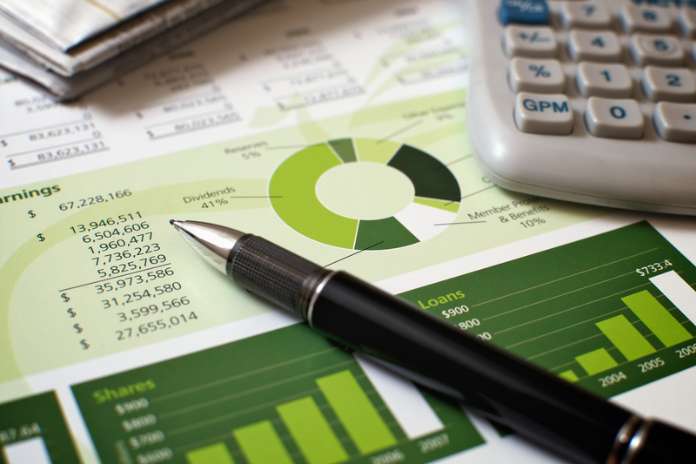In the world of investing, high dividend stocks have always attracted a significant amount of attention. With interest rates fluctuating and stock markets showing volatility, investors often seek stable income sources. One such stock that has recently caught the eye of many is the one yielding a staggering 7%. But is it worth adding to your portfolio?
To understand the potential of this stock, we must consider a few key aspects. Firstly, the company behind this high yield is known for its consistent dividend payments over the years. Historically, such companies are deemed reliable, as they have a track record of returning profits to shareholders.
However, the high yield also raises questions about sustainability. A dividend yield that is too high may indicate underlying issues within the company, such as a declining stock price or financial instability. This is where a thorough analysis becomes essential.
Fundamentally, the company’s financial health is a critical factor. Investors should look at metrics such as debt levels, revenue streams, and profit margins. A company with a high debt-to-equity ratio might struggle to maintain its dividend payouts in tougher economic conditions. Conversely, a company with strong cash flow and diverse revenue can often sustain high dividends.
Moreover, the industry in which the company operates influences its stability and growth prospects. For example, companies in sectors with growing demand, like technology or clean energy, may offer more opportunities for growth compared to those in declining industries.
An example of a high dividend stock that has been scrutinized by investors is XYZ Corp (NYSE:XYZ). This company operates in the financial sector, known for its robust dividend policies. However, recent market shifts and regulatory changes have posed challenges, prompting investors to reconsider their positions.
The management’s approach to capital allocation also plays a pivotal role. Companies that reinvest profits into growth initiatives can potentially increase shareholder value over the long term. However, if the focus is solely on distributing dividends without reinvesting, it might raise red flags about future growth prospects.
In conclusion, while a 7% yield is attractive, it should not be the sole reason to invest in a stock. A comprehensive evaluation of the company’s financial health, industry dynamics, and management strategy is crucial. For those considering investing in such high-yield stocks, diversifying across multiple industries and companies can mitigate risks and enhance potential returns.
Footnotes:
- Investors often look for stocks with high dividends to ensure a steady income stream. Source.
Featured Image: Megapixl @ Jwohlfeil















